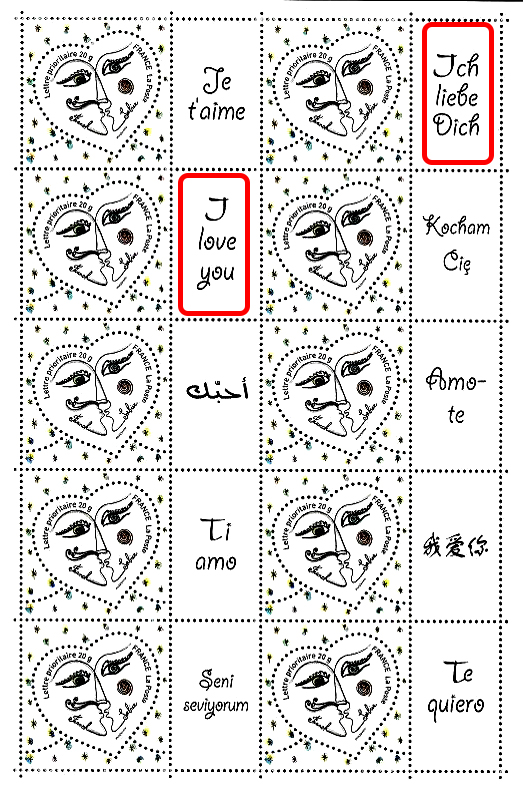
Website should now appear in at least two languages

Good contact with the technician is important in case the website does not work.
Disclaimer: In this blog only the opinion of DVW is presented, not that of the association. This also applies to all previous blogs of this section.
You may have noticed that no new articles were added to the website in September. There were two main reasons for this: Firstly, I had to migrate the site to a larger server, as it is very powerful. The migration didn’t go very smoothly. But the small difficulties have been solved in the meantime. Secondly, I have now made the site bilingual, i.e. all future articles/contributions will be presented in English as well. This has also meant some work. Especially with this last measure I hope for an increased international visibility, because according to my experiences so far, German-speaking philatelists (can) only use the possibilities of the internet to a very small extent.
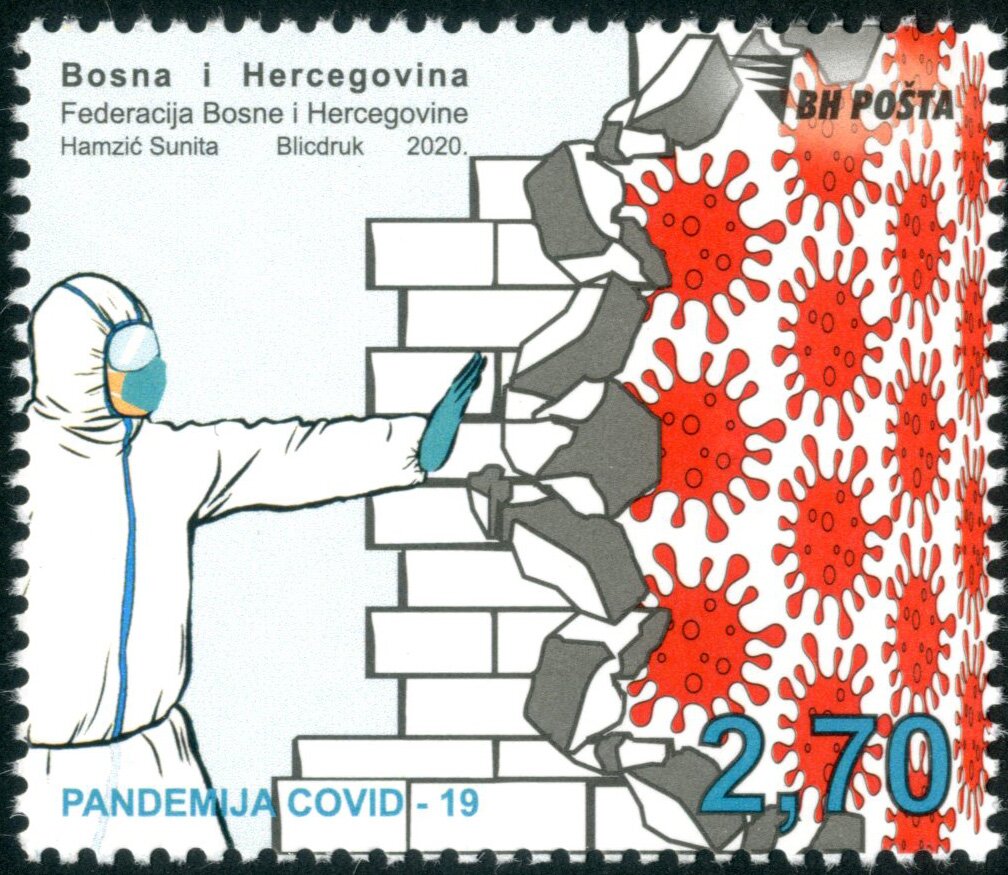
Corona virus is still everywhere
This hypothesis was further supported by the fact that the offer of virtual seminars (including our own) is hardly – if at all – noticed by Austrian/German philatelists. It’s a pity, because – even if Corona should be a thing of the past – this would be a very good addition to the ongoing club evenings where people can meet. Imagine that you are getting (even) older, cannot leave the house in winter because you are afraid of falling and breaking your neck…. Wouldn’t it be nice to stay in touch with the others, talking about your philatelic collection?
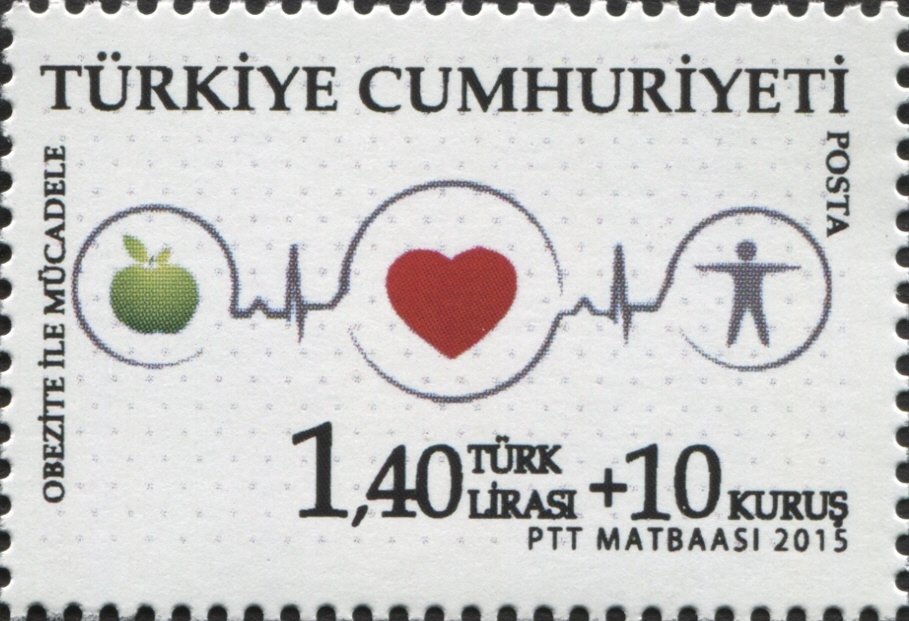
Fight against obesity
And maybe Corona will cause further restrictions after all we should all remember that most of us, including myself, unfortunately belong to the risk group. And if somebody thinks it’s not all that bad….., o.k. he/she should do it, but don’t complain afterwards (exponential growth is very dangerous!), and say afterwards that more should have been done…….
This could also make it easier to attract younger philatelists or, as I have been told, “middle-aged people with purchasing power”. You use a medium that does them justice. One can give lectures that are not purely philatelic, but also provide in-depth knowledge on topics that might be of interest to them. That would be different from many of our club evenings or exhibitions which are only geared towards philately and which are usually only attended by people of retirement age. Why should an 18-year-old go there? What can we offer him/her there? Will he/she find his/her friends there? Or working parents who do not really want to go out in the evening because they are too tired. But they could watch a short lecture, in pyjamas just before going to bed….Maybe we can get a little closer to these groups in particular by including the digitalised world and its non-binding nature.
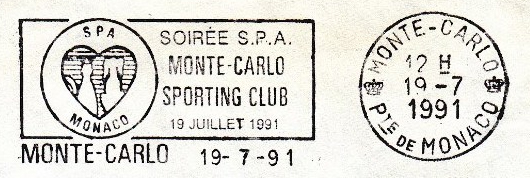
Club evenings are important
In no way do I want to give up on our club evenings, they are important, they are also fun and one should never underestimate the personal contact. But I personally think that the use and integration of the digital world is an important step towards
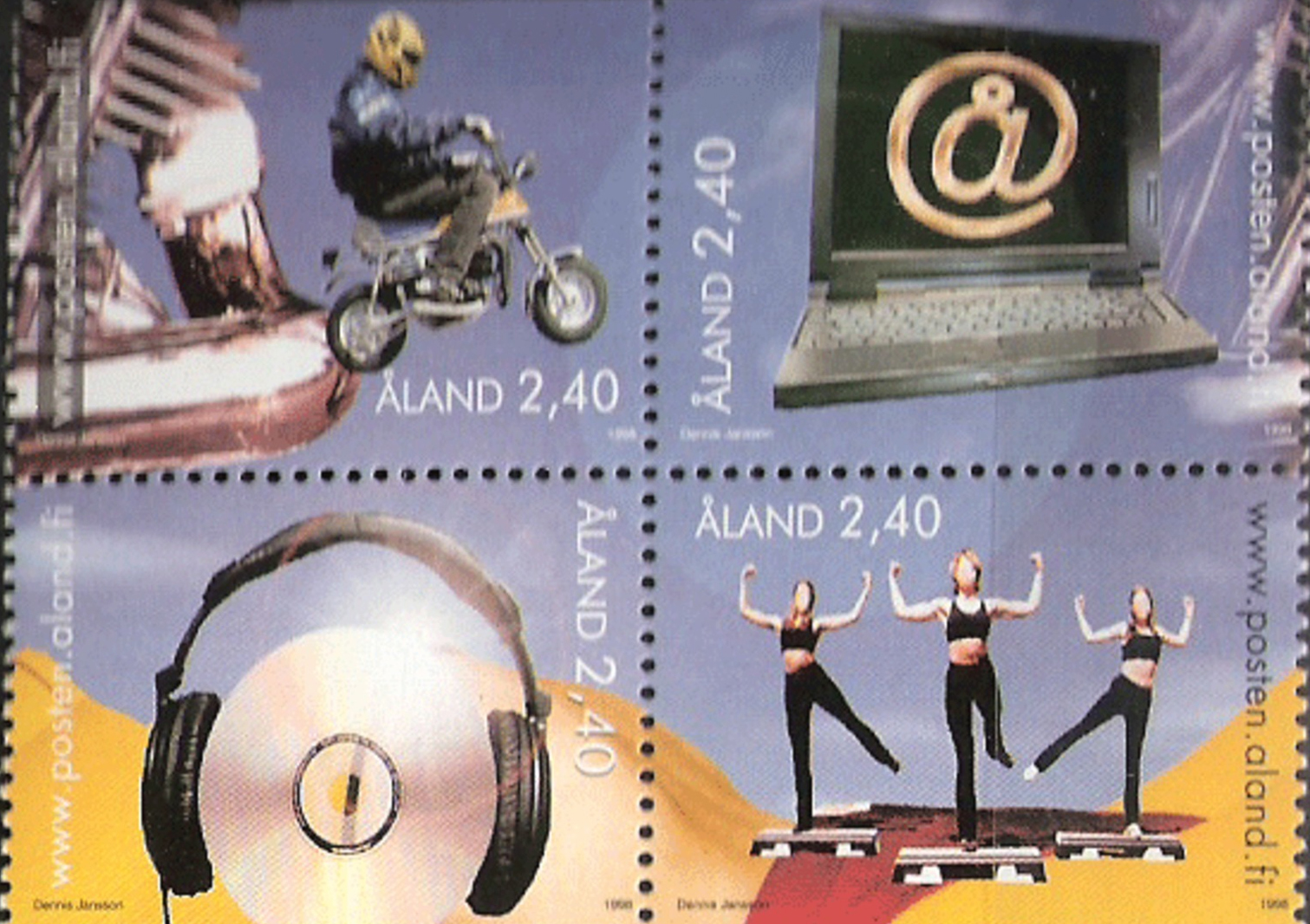
Picking up young people by their interests….
-
- networking between active philatelists (also outside the local network),
- the integration of our members “excluded” for health reasons,
- to make our hobby visible to a wider audience (online exhibits, see also here, or our own website)
- to address non-philatelists: younger people who are not interested in the cover of the month, but who like to play our philatelic puzzle, or by integrating non-philatelic topics into philately – means: picking up people where they stand…….
It’s up to us how we get the best out of the current and philatelic mess. And we have alternatives, especially through digitisation.
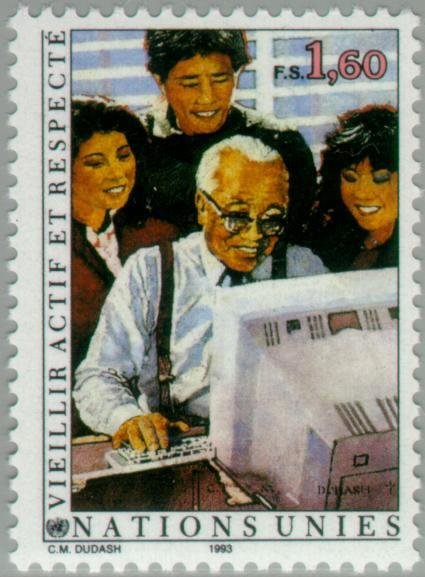
…. and can teach newcomers!
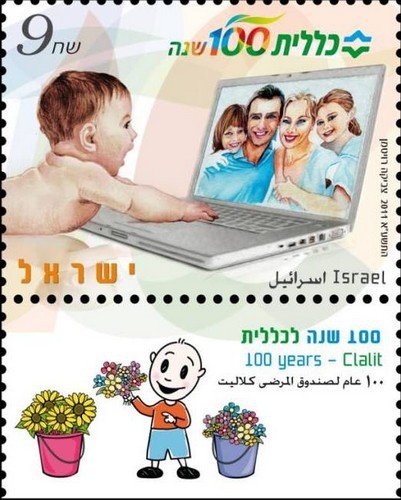
Those who want to become masters practise early…..,
But I get the feeling that the philatelic German-speaking community is being overrun by the world in this respect. One always looks enviously at the active philatelic communities overseas. But hey guys, there is also more use of digitalisation. Take a look at their virtual offers. It can make you dizzy. In our countries, all this is still in its infancy, although the first virtual seminars are already taking place (e.g. also by our partner association Rosenegg), who triy to combine philately with social issues in order to appeal to non-philatelists.
But we are not alone in the lack of digitisation, just look at the schools. If the children cannot learn it, then they cannot teach grandma and grandpa either. But if, of course, “fast internet is not needed at every milk churn” (statement of the “very capable” German Research Minister), we should not be surprised.
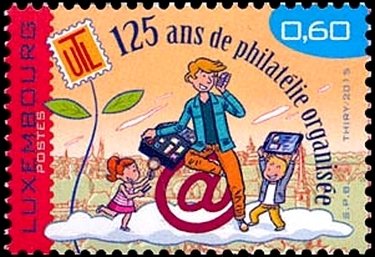
In other countries digitisation has already arrived on philatelic grounds.
It’s a pity, really, since digitisation would be one of the many paths to the philatelic future, and here nobody is taking it! I have found practically nothing philatelic from Germany and Austria on the subject of digitisation. Even taking a first step would be so simple – ….. documented by a quote from a listener of our last virtual seminar, who is also of retirement age ….. “It was the first time I ‘zoomed in’ and it was not … bad.”
And ……, we also would help where we can. So dear fellow philatelists, don’t be afraid of the future and the computer……. The future has already begun. In other countries definitely……
